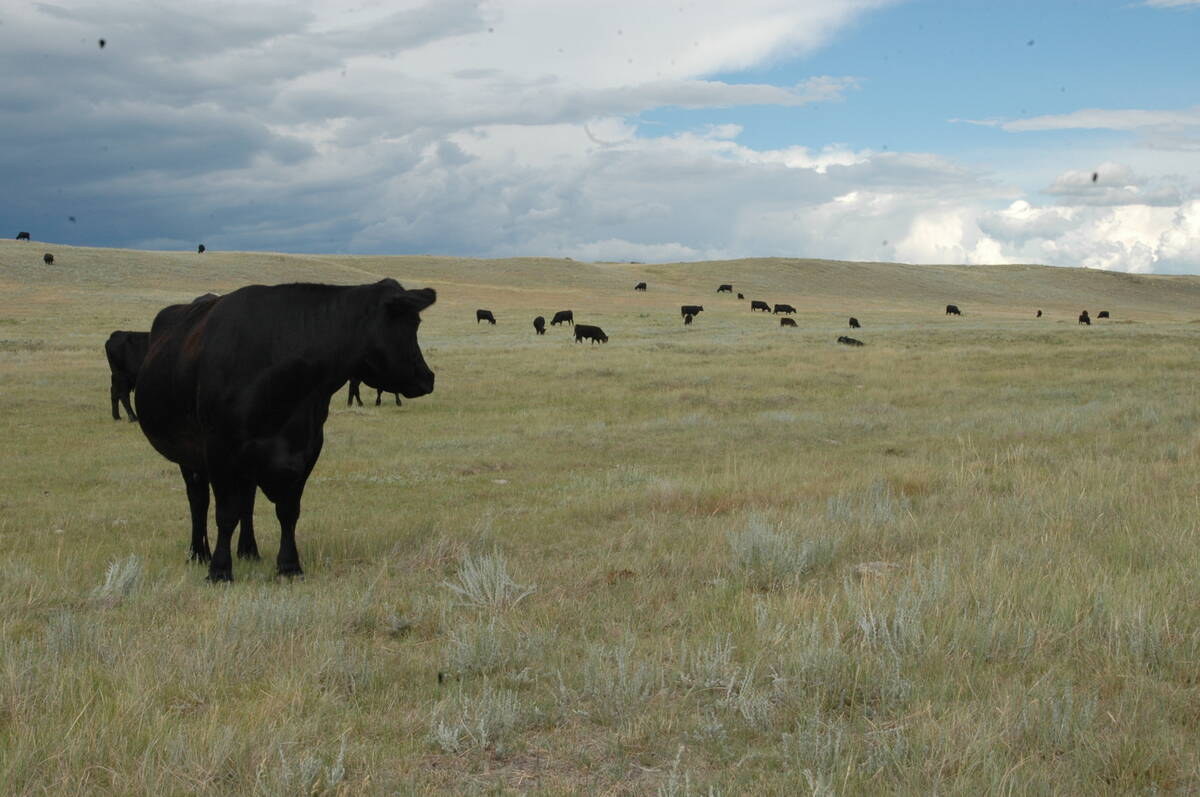REGINA – It simply was never in the cards for farmers to take over ownership of the 13,000 government-owned hopper cars, says Saskatchewan Wheat Pool’s chief executive officer.
“As an industry, there was no agreement that that could possibly occur,” said Don Loewen in an interview last week. “The railways wouldn’t agree with it, the grain companies wouldn’t agree with it. There would have to be some kind of government mandate if that was to occur.”
A committee headed by Loewen has proposed to Ottawa that the railways buy the cars for around $100 million and then recover that from farmers through higher freight rates.
Read Also

Saskatchewan Cattle Association struggles with lower marketings
This year’s change in the provincial checkoff has allowed the Saskatchewan Cattle Association to breathe a little easier when it comes to finances.
That has triggered an angry response from some farm groups and individual farmers, including some pool delegates who criticized the idea at the pool’s annual meeting here last week.
Loewen found himself defending the proposal to some unhappy delegates during a 90-minute closed-door session.
“We want to be involved in that car ownership because what else have we got left?” delegate Fred Harrison of Yorkton said later.
In an interview, Loewen conceded he took some heat over the proposal.
Manage own assets
“It’s a hard issue for the delegates. But when you think about managing assets properly, who better to manage rail cars than railroads?”
He rejected the argument made by some farm groups that farmers have already paid for the cars once and shouldn’t have to do so again.
“The reality is that farmers didn’t pay for those cars, the people of Canada did,” he said.
The government is determined to sell the fleet, and the selling price of $100 million will mean a “minimal” increase in freight rates of about $1 a tonne for five years.
In an appearance before the delegates, Canadian Wheat Board commissioner Gordon Machej said the board unsuccessfully argued in the committee in favor of farmers owning the cars.
The board felt such a system would keep freight rates to a minimum, ensure the maintenance of fleet capacity and give farmers some control and influence over the transportation system.
“We had very little support for our position,” he said. “As a matter of fact, we had one farmer supporting us.”
Speaking to reporters later, Machej said the board was prepared to manage the fleet on behalf of producers if that’s what the committee had recommended.
Loewen also rejected criticisms that farmers had no say in putting together the transport reform package. Not only were two or three farmers involved in the process, he said, but representatives from the three prairie pools were looking out for farmers’ interests.














